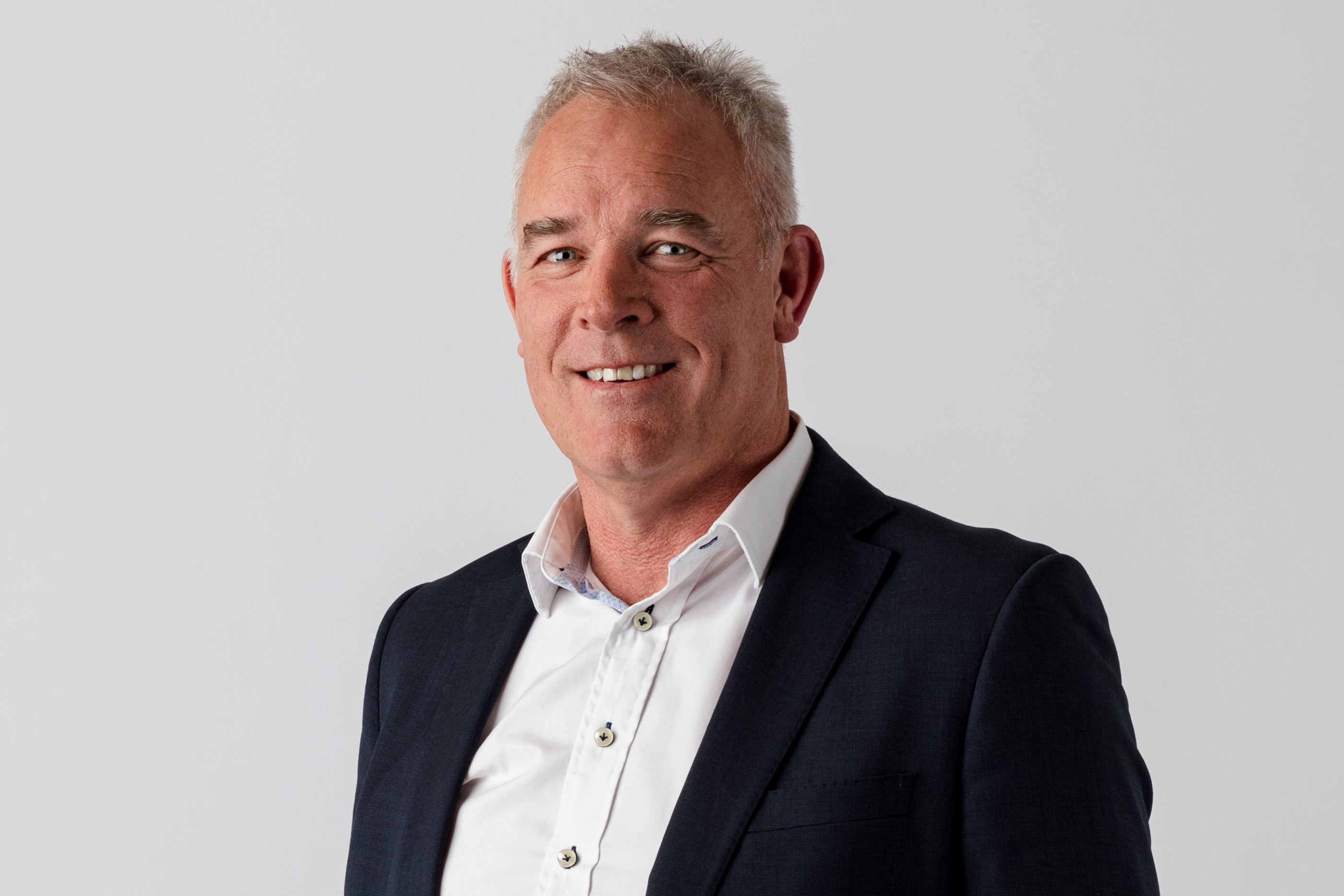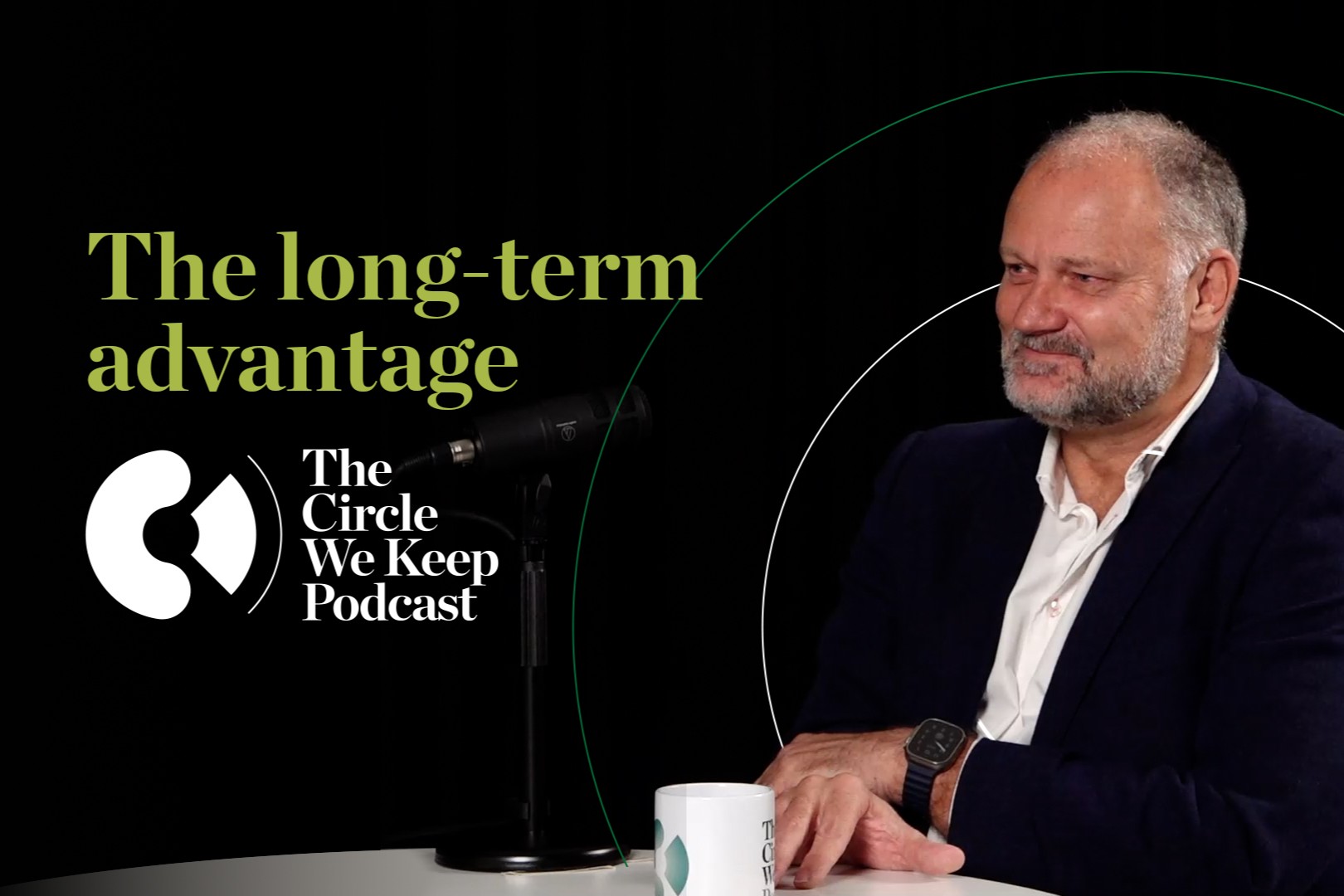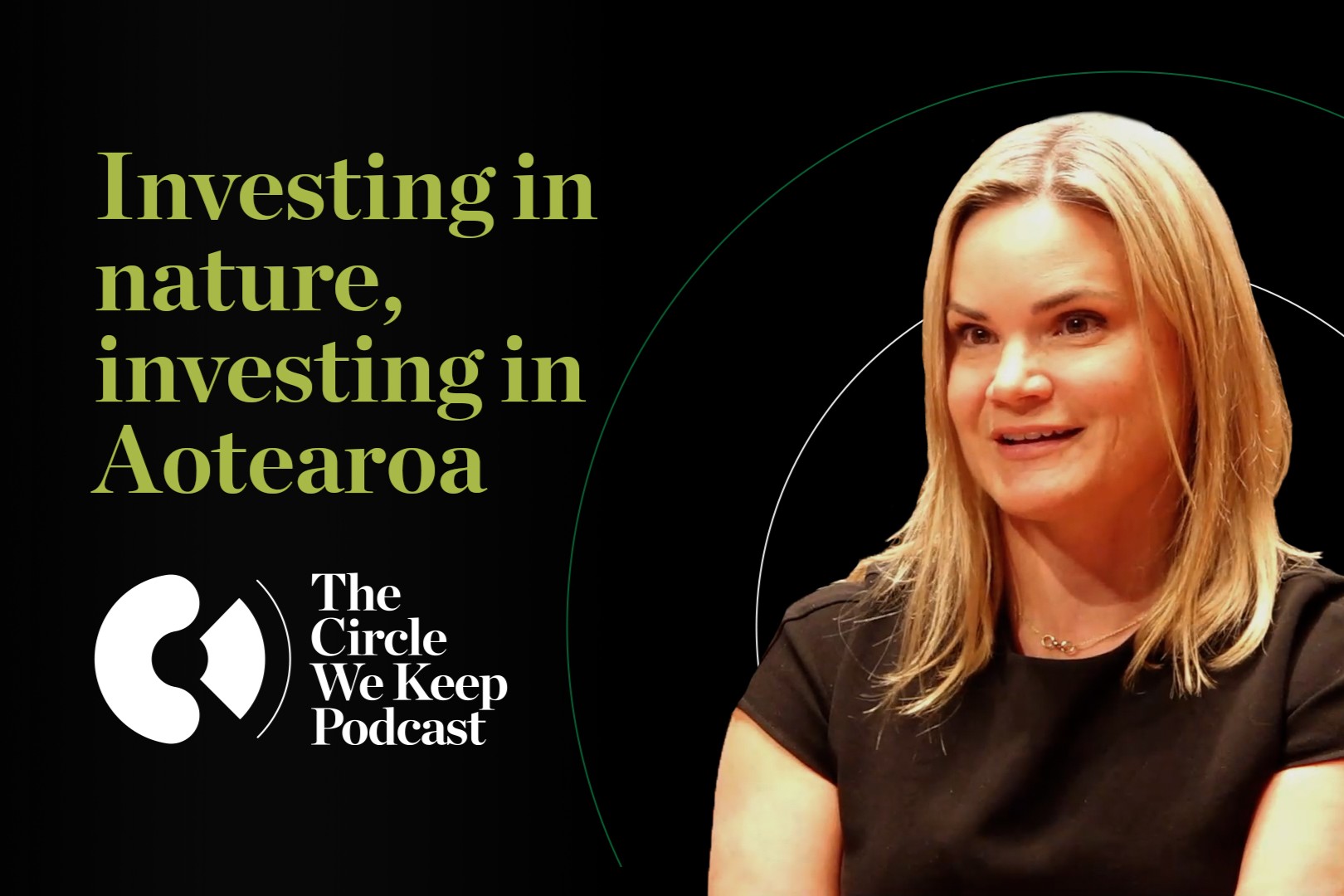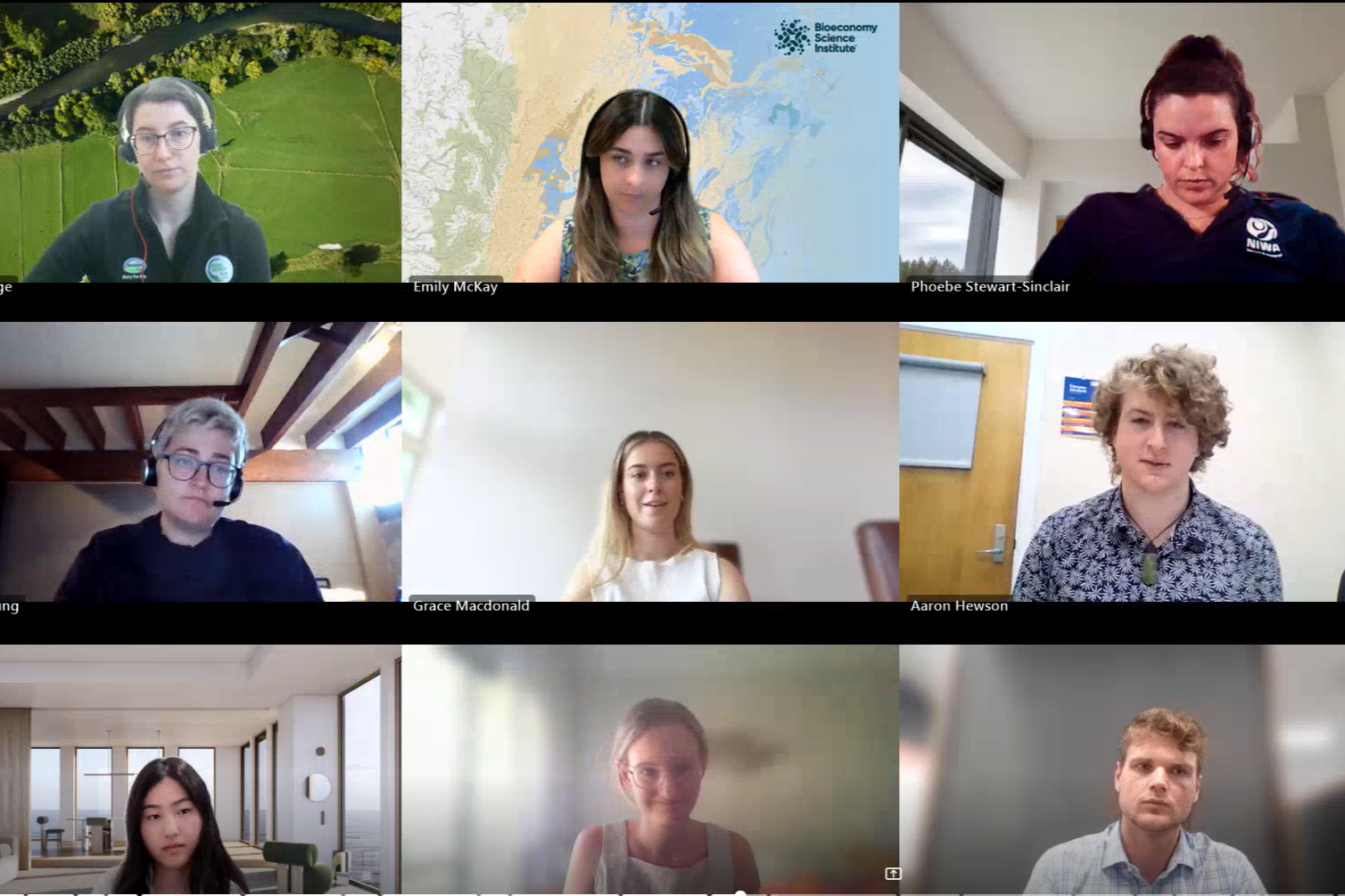by Neal Barclay, Chief Executive at Meridian Energy
I joined Meridian Energy 15 years ago, drawn by the company’s commitment to only generate electricity from renewable sources.
That commitment remains at the heart of the Meridian culture today and sees us playing a key role in New Zealand’s journey towards net zero.
I have children and grandchildren, and the state of the world they will inherit concerns me. We market our country around a clean green image, but the reality is that we live in one of the most modified natural environments in the world, with over half of our land area altered through urbanisation or exotic vegetation.
If we want to maintain that image, we’ll need to lift our game. And, if we can, the opportunities are enormous.
Businesses and countries that lead in sustainable practice will form the thriving economies of the future. Our country has a massive opportunity to lead the way if we double down on our actions and set the global benchmark for living and operating sustainably.
The opportunity to do so will be underpinned by the transition of our wider energy system (including petrol) to renewable electricity.
Aotearoa has a unique advantage, thanks to our abundance of renewable resources – wind, water, geothermal and sun – and an electricity grid that is already made up of about 85% renewable energy and will close in on 100% over the next decade.
Our electricity system is also blessed with a very flexible hydro backbone. The hydro lakes act as huge batteries that allow us to introduce new intermittent solar and wind generation at a fraction of the cost most other nations face.
Our bigger challenge is the electrification of the rest of the energy sector, whether that’s transportation, home heating or industrial boilers, but this is just a matter of time and change is gathering pace.
Clean electricity can – and will – replace fossil fuels because it makes economic sense to do so. And in this lies a competitive advantage for the New Zealand economy.
Our ability to produce commodities with no emissions from the electricity used to make them is something very few countries will be able to do any time soon, and it’s something global markets are increasingly looking for.
The green economy is a real thing, and it makes so much sense for New Zealand, so the question is: can we accelerate the pace of this transition?
On the supply side, we are getting on with it. The electricity sector has embarked on a growth phase that will see a greater level of electrical infrastructure built than at any other time in this country’s history.
The estimated level of investment required to transition to a low carbon energy sector is around $130 billion by 2050, and Meridian is doing its share of the heavy lifting. We expect to invest around $10 billion into a 20-year development pipeline that will almost double the current electricity generation capacity of our business.
This investment will not only underpin Aotearoa’s efforts to meet its zero-carbon target but will also reduce overall energy costs to consumers through the consolidation of three energy delivery networks: internal combustion engine fuels, gas and electricity.
Meridian is already supporting customers of all sizes to take emissions out of their own operations, while saving money on their total energy bills.
This includes working with industrial customers to support them in electrifying boilers, with some of these deals providing for demand flexibility – where Meridian compensates a customer for reducing its electricity consumption (or turning it off) during peak periods or times of supply pressures.
The result is effectively new system capacity or, put simply, megawatts we don’t need to build.
The work required between energy companies and their customers is just one example of the collective effort that’s required to decarbonise the New Zealand economy.
We have an opportunity to create a competitive advantage for our country and, if we are smart about it, improve the relative economic prosperity and wellbeing of all New Zealanders.
None of us should downplay the challenges, but the opportunities are exciting, and urgency is a powerful motivation. I believe we are better placed than ever before to support Aotearoa’s transition to a low-carbon society and realise all the benefits of that.








